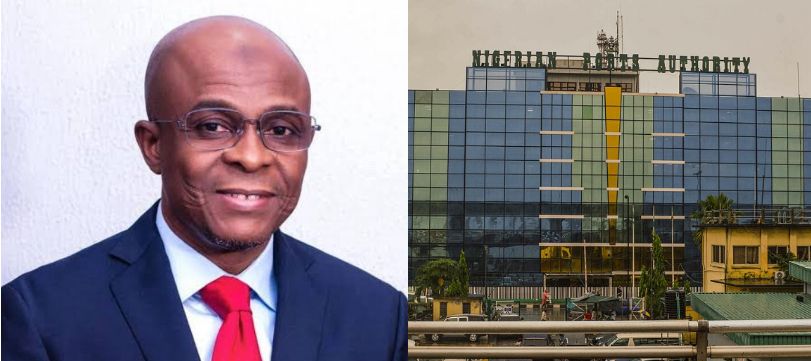Kayode Tokede
Stockbrokers, under the banner of the Chartered Institute of Stockbrokers (CIS), have called on the federal government to initiate urgent economic reforms aimed at repositioning the Nigerian capital market as a key driver in achieving the country’s $1 trillion economy target.
In the communique after a one day workshop at the State House Conference Centre, Aso Rock Villa, Abuja, themed: “Capital Formation in Nigeria: Empowering Industry, Institutions, and Markets to Drive a $1 Trillion Economy,” the Institute affirmed that while Nigeria’s ambition is achievable, it hinges on deliberate, coordinated actions to deepen capital formation across sectors.
The workshop, which brought together, key policymakers, industry leaders, financial experts, and market stakeholders to chart a practical course toward achieving Nigeria’s $1 trillion economic aspiration, highlighted both the notable progress made by the Federal Government and the critical structural challenges that persist, including weak institutions, inconsistent policy frameworks, and underdeveloped financial markets remain major impediments to capital mobilisation.
The communique, jointly signed by the Institute’s 13th President and Chairman of the Council and Registrar and Chief Executive, Oluropo Dada and Ayorinde Adeonipekun respectively, stated that: “The Federal Government must lead strategic coordination among market stakeholders to harmonise fiscal, trade, and monetary policies aimed at boosting investor confidence and attracting long-term capital.
“Foreign Direct Investment (FDI) inflows remain volatile and below potential due to concerns around currency risk, regulatory unpredictability, and infrastructure gaps. Domestic capital mobilisation through pensions, insurance, and retail investor engagement remains underutilised for industrial financing. A vibrant capital market is essential to support industrialisation, infrastructure development, and inclusive economic growth.
“Integrating Nigeria’s informal sector into the formal economy could unlock significant domestic capital while expanding the tax base and the economy is overly dependent on debt financing, with limited availability of venture capital and private equity to support innovation for startups and other critical sectors. Strong investor appetite is evident in frequent over subscription of government bonds. However, Nigeria has yet to fully leverage its diaspora community. Well-structured financial instruments tailored to diaspora savings and remittances could significantly enhance capital inflows and support national development goal.”
The post Stockbrokers Advocate Urgent Reforms to Grow Nigeria’s $1trn Economy appeared first on THISDAYLIVE.




